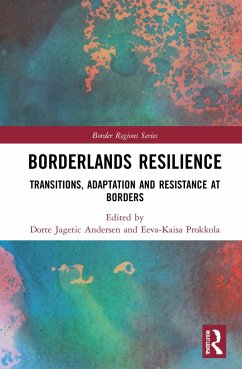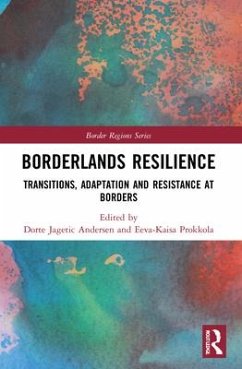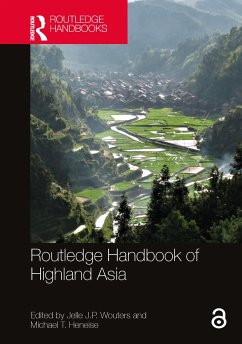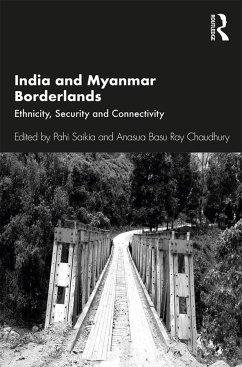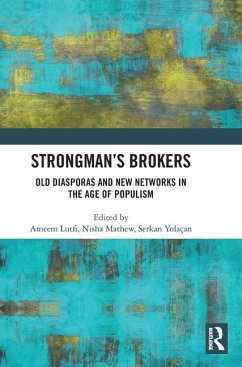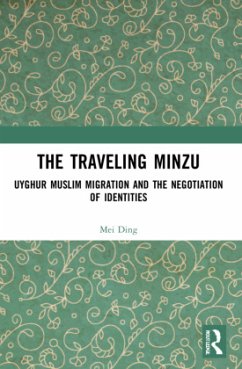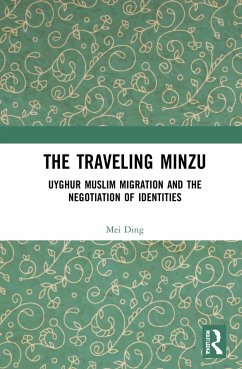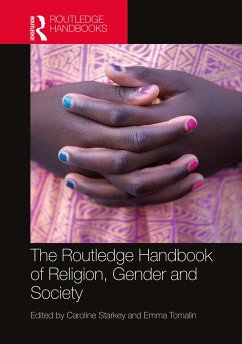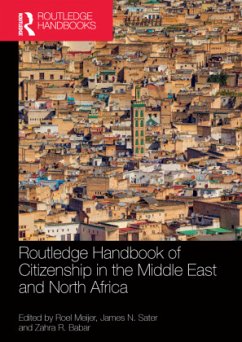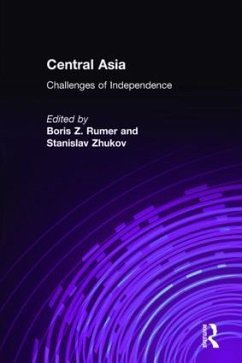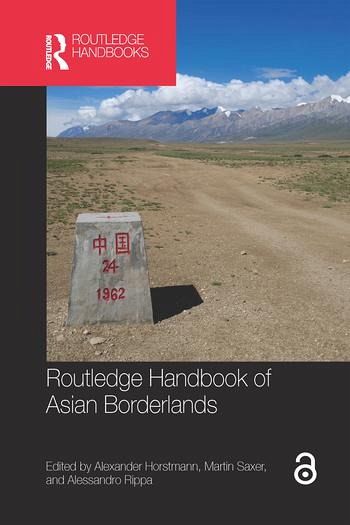
Routledge Handbook of Asian Borderlands
Versandkostenfrei!
Versandfertig in 6-10 Tagen
49,99 €
inkl. MwSt.
Weitere Ausgaben:

PAYBACK Punkte
25 °P sammeln!
In Asia, where authoritarian-developmental states have proliferated, statehood and social control are heavily contested in borderland spaces. As a result, in the post-Cold War world, borders have not only redefined Asian incomes and mobilities, they have also rekindled neighbouring relations and raised questions about citizenship and security.The contributors to the Routledge Handbook of Asian Borderlands highlight some of these processes taking place at the fringe of the state. Offering an array of comparative perspectives of Asian borders and borderlands in the global context, this handbook ...
In Asia, where authoritarian-developmental states have proliferated, statehood and social control are heavily contested in borderland spaces. As a result, in the post-Cold War world, borders have not only redefined Asian incomes and mobilities, they have also rekindled neighbouring relations and raised questions about citizenship and security.
The contributors to the Routledge Handbook of Asian Borderlands highlight some of these processes taking place at the fringe of the state. Offering an array of comparative perspectives of Asian borders and borderlands in the global context, this handbook is divided into thematic sections, including:
Livelihoods, commodities and mobilities
Physical land use and agrarian transformations
Borders and boundaries of the state and the notion of statelessness
Re-conceptualizing trade and the economy in the borderlands
The existence and influence of humanitarians, religions, and NGOs
The militarization of borderlands
Causing us to rethink and fundamentally question some of the categories of state, nation, and the economy, this is an important resource for students and scholars of Asian Studies, Border Studies, Social and Cultural Studies, and Anthropology.
The contributors to the Routledge Handbook of Asian Borderlands highlight some of these processes taking place at the fringe of the state. Offering an array of comparative perspectives of Asian borders and borderlands in the global context, this handbook is divided into thematic sections, including:
Livelihoods, commodities and mobilities
Physical land use and agrarian transformations
Borders and boundaries of the state and the notion of statelessness
Re-conceptualizing trade and the economy in the borderlands
The existence and influence of humanitarians, religions, and NGOs
The militarization of borderlands
Causing us to rethink and fundamentally question some of the categories of state, nation, and the economy, this is an important resource for students and scholars of Asian Studies, Border Studies, Social and Cultural Studies, and Anthropology.





